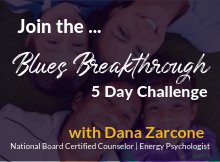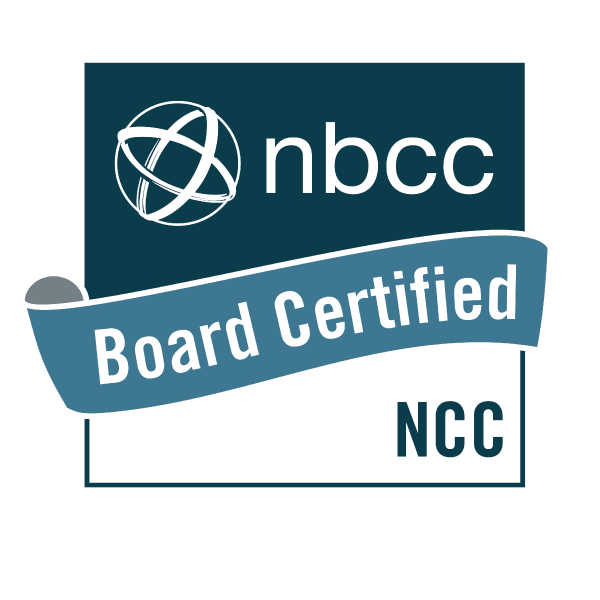Geriatric Depression
Common Among Older Adults and the Elderly

If you read through the depression statistics then you know that Geriatric Depression is common in older adults. In fact, older adults are 5 times more likely to suffer from depressive disorders than younger adults.
Older adults exprience so many things that can lead to geriatric depression such as medical issues, grief from the death of a spouse, and other life changing events such as retirement. All of these things can lead to elderly depressive disorders.
So What are the Symptoms of Depression?
Causes of Depression
There are many causes of depressive disorders, with some of them specific to the elderly because of unique things they go through during this time of their lives. In fact, there is even a unique test called the Geriatric Depression Scale that was designed with the elderly in mind. Some of what causes depressive disorders in older adults includes:
Geriatric Depression or Dementia?
It can be very difficult to distinguish between geriatric depression and dementia. In fact, they often come hand in hand. However, there are a few minor differences that may help you to distinguish one from the other.
With a depressive disorder, you are more likely to have difficulty concentrating, but you still remember things, and you have full awareness of where you are, who you are with and so on. Conversely, with dementia, you'd have evidence of short term memory loss and periods of disorientation.
In depressive disorders, you still possess all of your motor skills and you have object recognition. With dementia, you may have difficulty using simple things like a tooth brush or pen, and you may not be able to call objects by their name, such as "tooth brush".
Finally, with depression you tend to be withdrawn and sad. Whereas with dementia, you would be more irritable and anxious.
Treatment
As with other types of depression, there are many different ways to treatments for depression. There are, of course, depression medications and counseling such as support groups, psychotherapy and cognitive behavioral therapy. I would highly recommend that you seriously consider both avenues of treatment. However, there are also other ways that you can help yourself. They include the follwing:
Geriatric Depression to Depression Test Home Page










